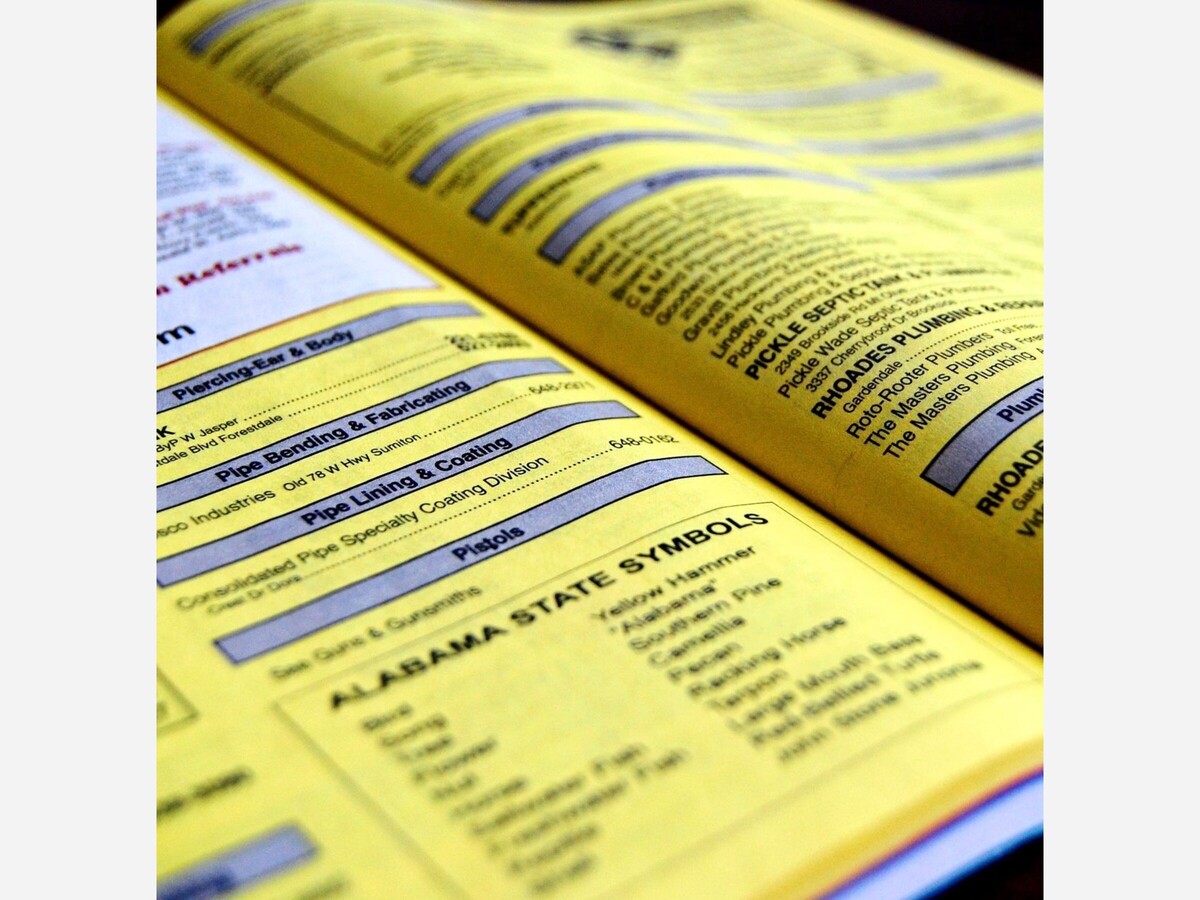Image

The 21st of February holds a significant place in the history of communication - it marks the day the world's first telephone directory was published in 1878! This small but impactful event paved the way for the ubiquitous phone book, which played a crucial role in facilitating connections and information sharing for over a century.
The directory, a single-page flyer, was published by the New Haven District Telephone Company in New Haven, Connecticut. It listed the names and locations of all 50 of the company's subscribers, most of whom were businesses and municipal offices. This simple list proved to be a revolutionary step, as it eliminated the need for individuals to memorize phone numbers or rely on operators to connect them.
The telephone itself was still in its infancy in 1878. Alexander Graham Bell had only patented his invention two years prior, and the technology was far from widespread. The New Haven District Telephone Company was one of the first commercial telephone exchanges in the world, and their directory reflected the limited scope of the technology at the time.
Despite its modest size, the first telephone directory had a profound impact on the development of the telephone. It made the phone more user-friendly and accessible, and it helped to spur the growth of the telephone network. As the number of subscribers increased, so did the size and complexity of the directories. They became essential tools for businesses and individuals alike, and they remained a cornerstone of communication for over 100 years.
While phone books have largely been replaced by digital directories and online search engines, their historical significance remains.
With the rise of the internet in the 1990s, online directories like [invalid URL removed] and search engines like Google offered quicker and more up-to-date information access compared to print directories. The shift from landlines to mobile phones, which aren't typically listed in traditional directories, further diminished their popularity. The environmental impact of producing and distributing massive printed directories led many cities to consider or implement bans on unsolicited delivery.
Younger generations, accustomed to digital information access, increasingly rely on online resources for contact information. While these factors contributed to its decline, the official demise isn't a single event:
2010: Verizon in New York became the first major carrier to stop mass-printing residential directories.
2023: California mandated telecom companies offer an opt-out option for printed phone books, further reducing circulation.
2026: Pennsylvania's requirement for phone companies to deliver residential directories will expire, leaving their future uncertain.
Today, printed phone books remain available in some regions, primarily catering to those without internet access.However, their widespread use has undoubtedly subsided, making them a fading symbol of a bygone communication era.
Image sourced from Vox